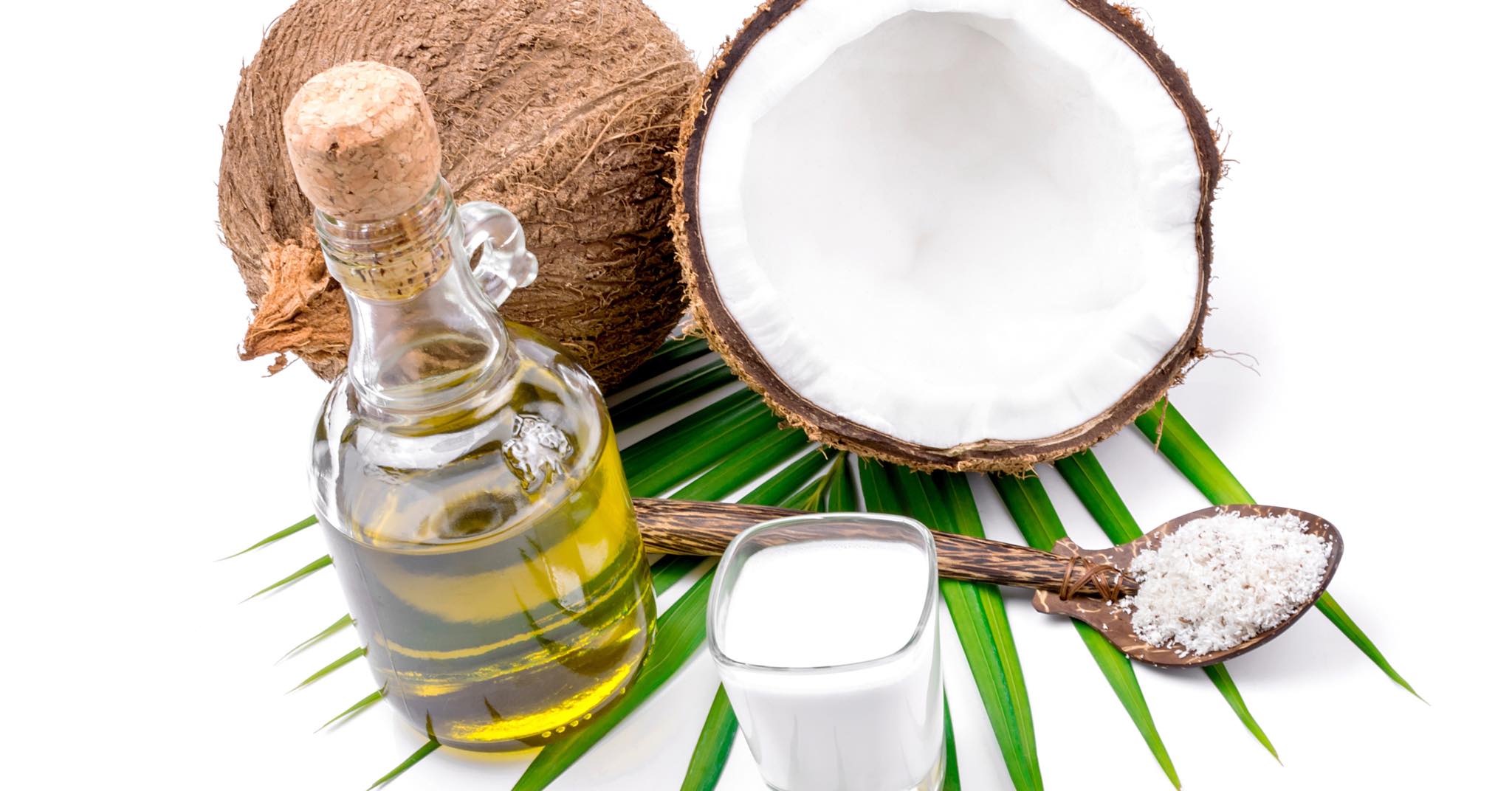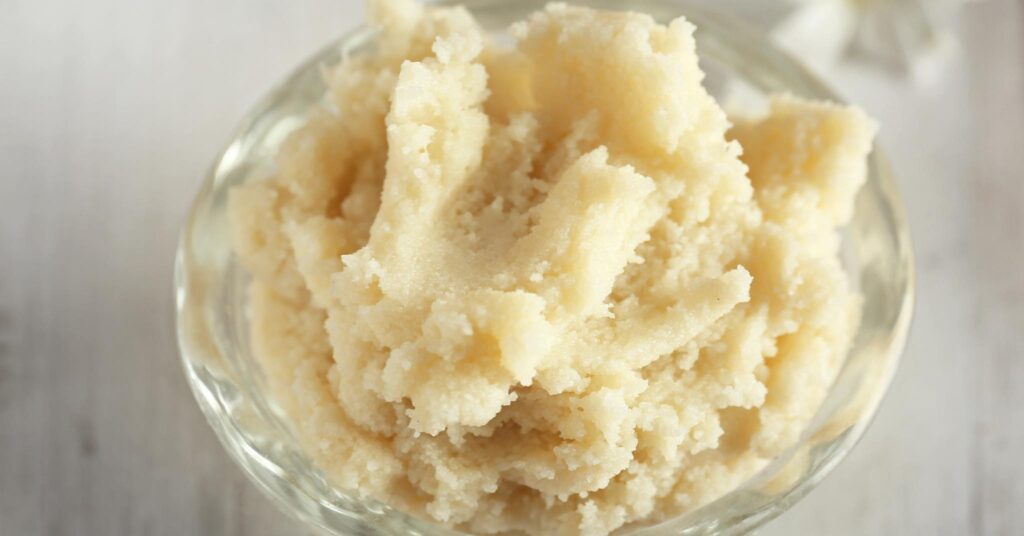
Coconut oil is a rich content of saturated fats, especially medium-chain fatty acids like lauric acid. Coconut oil holds potential health benefits. It finds application in cooking, baking, as well as in skincare and haircare routines.
While it’s true that coconut oil is a natural option and can be beneficial for some babies’ skin, it’s not a one-size-fits-all solution. Babies’ skin types can differ, and what works for one may not work for another.
Is Coconut oil an adequate Moisturizer?
Body moisturizers often contain specific ingredients like emollients, humectants, and occlusive that work together to effectively hydrate and protect the skin. Coconut oil, on the other hand, is primarily an emollient, which means it helps soften and smooth the skin.
While it can provide some moisturizing benefits, it might not be sufficient for babies with particularly dry or sensitive skin.
Coconut oil and Sensitive skin
Parents with babies who have sensitive skin should exercise caution and consider consulting with a healthcare professional before using coconut oil as a primary moisturizer. Sensitive skin can be prone to irritation, redness, and even allergies when exposed to certain substances.
Coconut oil, especially in its concentrated form, might be too harsh for these delicate skin types.
Shea Butter & Coconut oil Mixture

Some parents opt to use a combination of shea butter and coconut oil, finding that they complement each other’s benefits. This can provide a balanced mix of moisture and skin-nourishing properties.
However, it’s recommended to do a patch test before using any new product extensively. Apply a small amount to a small area of skin and observe for any adverse reactions.
If a baby has specific skin conditions, allergies, or sensitivities, it’s always wise to consult a pediatrician or dermatologist for recommendations.
Ultimately, both shea butter and coconut oil can be beneficial for a baby’s skin.

Leave a Reply